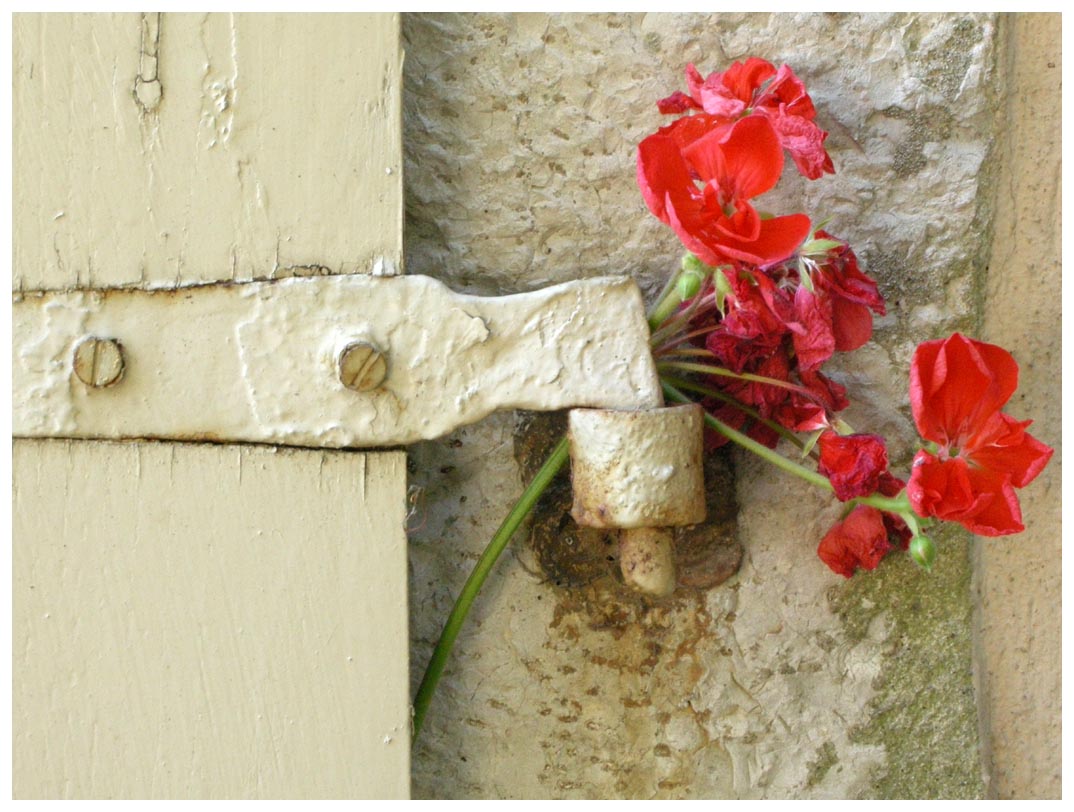 It may sound silly to have a post about breathing – after all, we all do it without thinking. None of us were taught how to breath and, apart from pregnant women, most of us don’t get taught how to breath in later life. An interesting exception is those who perform on the stage. To date I have only touched on speaking, but for those who use their voice professionally, learning how to breath properly is an important part of how to use your voice more effectively.
It may sound silly to have a post about breathing – after all, we all do it without thinking. None of us were taught how to breath and, apart from pregnant women, most of us don’t get taught how to breath in later life. An interesting exception is those who perform on the stage. To date I have only touched on speaking, but for those who use their voice professionally, learning how to breath properly is an important part of how to use your voice more effectively.
In how to improve your speaking voice I looked at practical exercises to help you sound better. Learning to have greater control over your breathing will help here as well. But as I highlighted in do you sound confident a big handicap to being confident is how our body reacts when we’re anxious. The fight or flight response kicks in, adrenaline is released into our blood stream, and our body prepares to respond physically to an “enemy.”
Whilst we don’t consciously adjust it, our breathing becomes faster and deeper – the body is preparing to run or fight. Extreme anxiety states and panic attacks can occur when our normal breathing rhythm is disrupted in this way and either we have too much carbon dioxide in blood stream, or we have filled our lungs so much we can no longer breath in – which must be an awful sensation to experience.
Sometimes people in acute panic states breath in and out of a paper bag – mainly to get the oxygen/carbon dioxide balance correct. Hopefully, this extreme state of anxiety doesn’t happen to you. One way to prevent natural anxiety gaining control of your life, is to regularly practice breathing and relaxation techniques to counter the bodies tendency to “speed up” during fight or flight.
Before doing any of these exercises, its worth taking stock of your body and how you are sitting or standing. Are your muscles relaxed. We seem to tie ourselves up in awful knots just sitting watching television! We cross our legs and arms, we hunch or tighten our shoulders and neck. Some (mainly women!) sit on their legs… Try to sit without creating any additional stress on your body.
As well as the panic situation described above, some people can breathe badly – often shallowly – through habit. Our lungs extend right down to below our belly button. When we breathe properly our belly should raise and fall in tandem, so…
Exercise 1 – Consciously make your your breathing go down to your belly. Put your hands, or a book, on your belly so you can observe it move in tune with your breathing.
Exercise 2 – Simply breathe in through your nose and out through your mouth.
Exercise 3 – 7/11. The idea is to make your in breath long and slow – say 7 seconds – but your out breath even longer – 11 seconds. For many, those times are too long – perhaps 4/7 or some similar ratio would be easier. The main thing is to make the out breath longer than the in breath.
Exercise 4 – Imagine there is a lighted candle about 12 inches from your lips. Breathe out slowly enough to disturb the flame, but not extinguish it.
Obviously you can combine these exercises to find one that suits you, and I’m sure there are many more out there. But KEEP IT SIMPLE. Also recognise that breathing and relaxation (more some other time) are best seen as maintenance measures rather than first aid. The more you practice, the easier, and more effective they become. If you wait to try them just before an important presentation, you may find they don’t help much.
I certainly don’t think it sounds silly to have a post about breathing. After all, we can go a couple weeks without eating, a few days without even water, but only minutes without breathing.
And as I said – no one teaches us how to breathe! Thanks for posting.
Great article. Hard to think of anything more important than breathing. I’ll try the exercises and try to make them habit.
I know these breathing exercises to control anxiety at will.But still Thanks for sharing it ,its a too good .
Once again thanks dear.